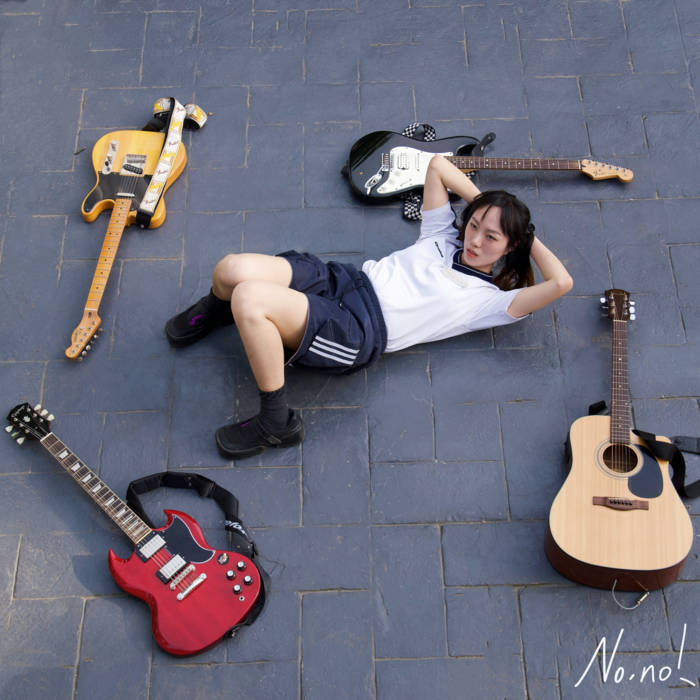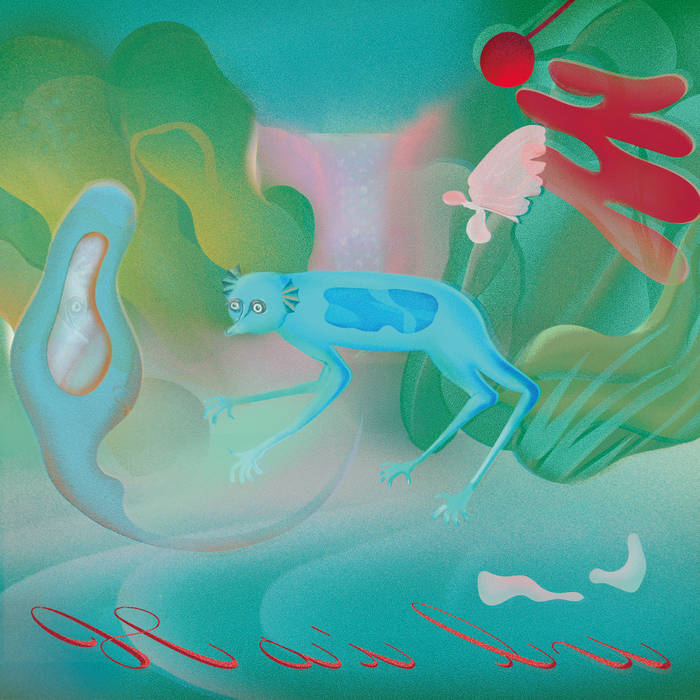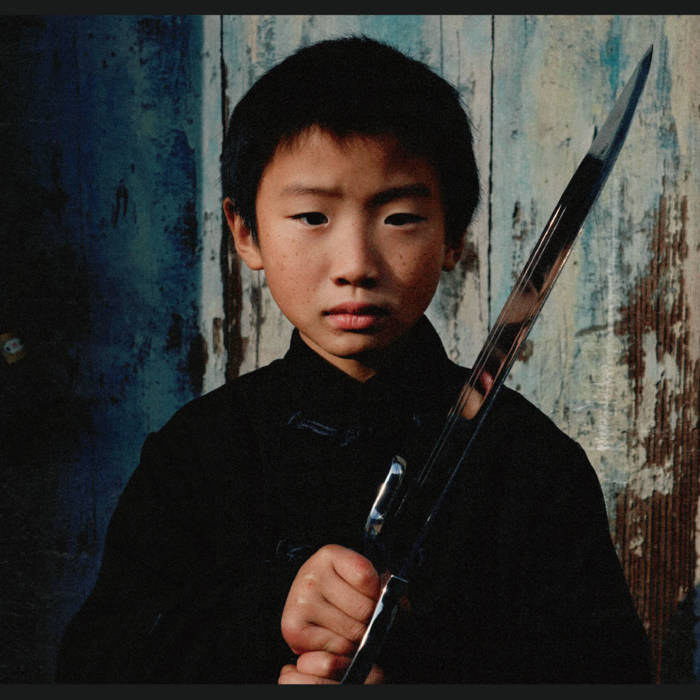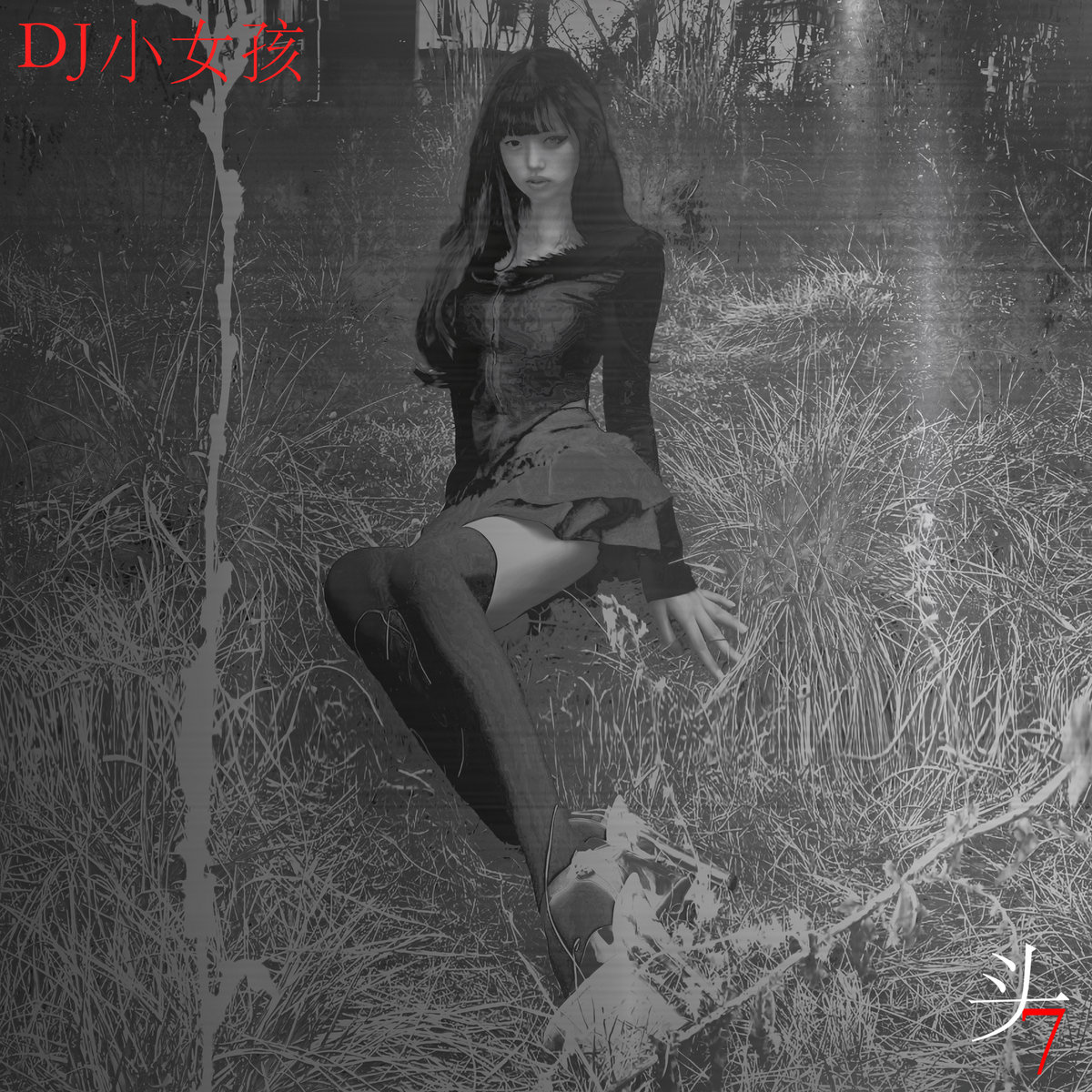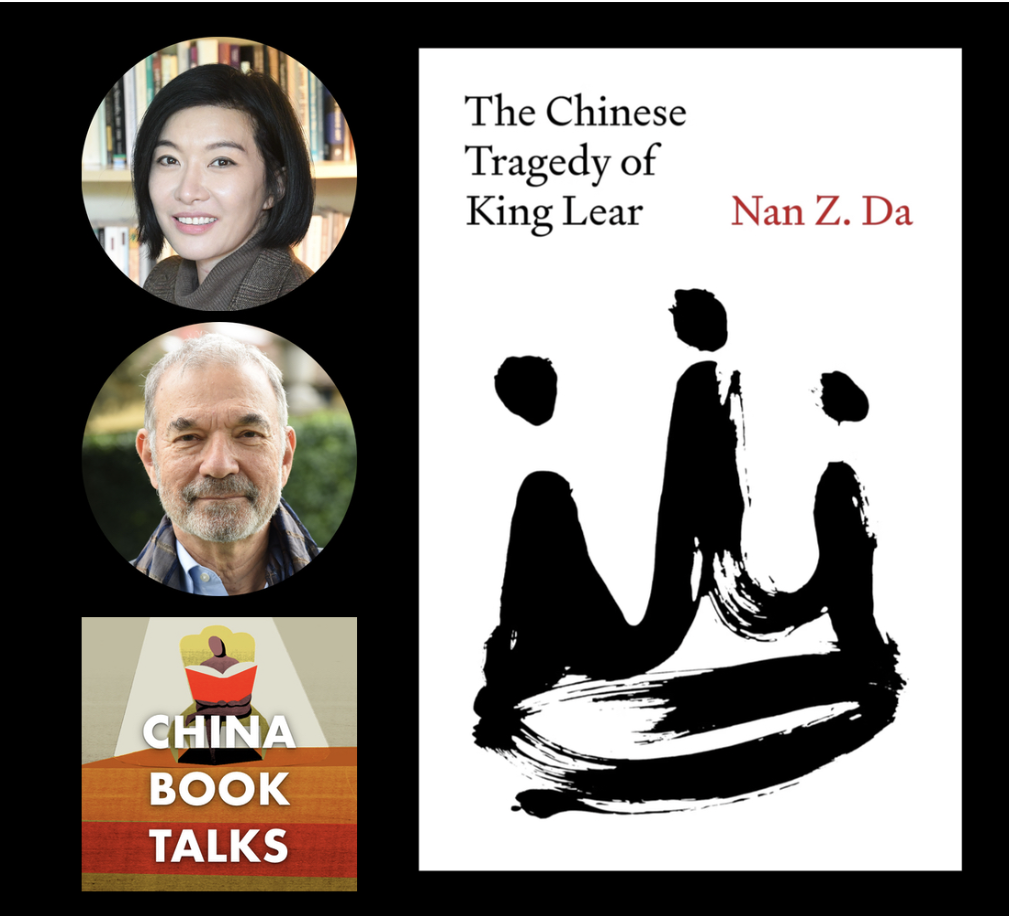Ed: Supplementing our existing column What China’s Reading, we’re branching out occasionally into other forms of art. Here, we asked an avid follower of the scene to pick the best new music out of China.
It’s a rough time to be an independent live music venue in China. In the past few weeks alone, storied sanctuaries of alternative culture — such as DADA in Beijing, All Club in Shanghai and .TAG in Chengdu — have shuttered. Against this backdrop, a new generation of Chinese artists continue to produce head-turning music, smashing down fusty genre boundaries and eschewing boring Mandopop balladry with songs about everything from stifling misogyny to economic ennui.
So what is China listening to? Well, all sorts of things. It’s a massive country, after all. But here are five albums from five new acts worth adding to your listening queue. We start with a 25-year-old’s self-produced eclectic pop; move to electronic music influenced by traditional Asian and African music; then some experimental rock; next a controversial TikTok-famous rapper; and finally, ethereal “Asian horror” music. Can China produce exciting, original music despite political headwinds? These artists answer with a resounding “yes.”
No, no!
In late 2023, Zhang Xingchan set herself the goal of writing, producing and releasing an album by the age of 25. Trouble was, she had just 156 days to do it. Incredibly, the result was No, no!, an unblinking look at contemporary Chinese life, covering universal themes of life and love but also finding room for musings on underwear or tales of disillusioned workers doing overtime. If that sounds a little scattergun, it’s nothing compared to the musical styles deployed on No, no!, with the Wuhan-based artist skillfully blending elements of jazz, rock, hip hop and more in thrilling style. “When No, no! came out, not many people knew about my real life,” Zhang recently told UPEE Review. “It was more like a monologue, and people probably didn’t know what I was going to reveal from one second to the next.” The album seemingly came out of nowhere, but ended atop many a Mandopop best of the year list in 2024. Almost as excitingly, No, now!, a sort of post-script to the album released on its one year anniversary back in May, confirmed that Zhang is no flash-in-the-pan talent.
Hailu
Having travelled the globe as a photographer, Guangzhou-based producer Cola Ren distills a whole world of influences into her enchanting electronic music. Gliding across ambient techno, Balearic and downtempo textures, Hailu in particular is immediately accessible yet pleasingly intricate and layered, with moments that catch you off guard without disrupting the tracks’ propulsive rhythms. Weaving together traditional Asian and African instrumentation with field recordings and contemporary beats, Hailu examines “the origins of consciousness, spirituality, love and time,” according to its official introduction, highlighting issues around environmentalism and empty consumerism along the way. It’s not hard to see why Ren has become a staple on the bills of clubs across the country or why her music has received playtime everywhere from NTS to Rinse FM. Not that the international attention has distracted Ren from her roots: she also co-runs her own community radio station 8m2, helping spotlight other local electronic producers and the Guangzhou scene.
//Punk Rock Blasphemy
亵渎朋克摇滚
Although they formed in 2019 and were signed to prominent Beijing-headquartered label Maybe Mars just two years later, it’s with their second LP — released earlier this year — that Chengdu’s Riot in School have really found their feet. On //Punk Rock Blasphemy the band have expanded the grungey template of their debut album, incorporating “elements of trip-hop, hip-hop and bedroom electronica,” as they put it, perhaps pointing to the “blasphemy” of the title. The new record doesn’t always hit the mark — the title track’s mix of rap and jazz doesn’t quite come off, for example — but Riot in School’s experiments make for fascinating listening nonetheless. And their electrifying live shows have seen them deservedly build a strong following across the country. Even better, they’re a band with heart: the youngsters featuring on //Punk Rock Blasphemy’s artwork are “left behind” children whose education has been supported by Riot in School following a special fundraising tour.
Stacks From All Sides
八方來財
Earlier this year, rapper Skai isyourgod (aka 揽佬) made waves in China when he overtook Taiwanese megastar Jay Chou’s monthly plays on Spotify with nearly 4 million to Chou’s 3 million — proof perhaps that he could be more than just a novelty TikTok trend. The Guangdong artist, whose bars mix Cantonese and Mandarin and whose music videos and imagery poke fun at nouveau riche (土豪) tropes while also referencing traditional and Hakka culture, has found viral fame internationally. His YouTube channel has tens of millions of views and thousands of comments, most of which are a variation on user Pehamu’s appraisal under a recent video: “Understanding: 0%. Vibing: 100%.” Despite, or perhaps because of, the numbers he’s done, Lanlao is something of a divisive figure in China; his heavy use of Cantonese and Hakka reference points has alienated some listeners, while others resent his apparent usurping of Chou (despite him downplaying the significance of those Spotify numbers). If you’re yet to decide whether you love him or hate him, his album Stacks from All Sides is a good place to start.
头7
Late last year, DJ Gurl, one of Guizhou-based producer Lie’s (劣) several aliases, put out three releases in the space of less than a month. Priced at $6.66 each on Bandcamp, the Slave to the Rhythm (节奏的奴隶) series was a head-spinning mix of experimental bursts of noise, soaring pop hooks, uncompromisingly intense beats and warped vocals that firmly put the hyper in hyperpop. And then in April this year, amid speculation that the project had ended almost as soon as it had begun, came DJ Gurl’s proper debut album. 头7 built on the themes of Slave and stirred in a hefty dose of unsettling “Asian horror” music to boot. Apparently created in just 12 days, 头7 leaned into the idea that the DJ Gurl persona had expired: “An album simulates death. She’s back, but she’s dead,” read the official introduction. Biographical details about DJ Gurl are scarce (that’s not them in the 头7 artwork), but whoever they really are, it’s clear that they’ve captured the attention of China’s rising crowd of hyperpop devotees. ∎
Listen to the albums:

Jake Newby is a writer and editor who has written for publications such as The Wire, Bandcamp Daily, Time Out and the NME. He writes a free newsletter about alternative Chinese music called Concrete Avalanche and has been interviewed about music in China for BBC, Billboard, Bloomberg and more.


